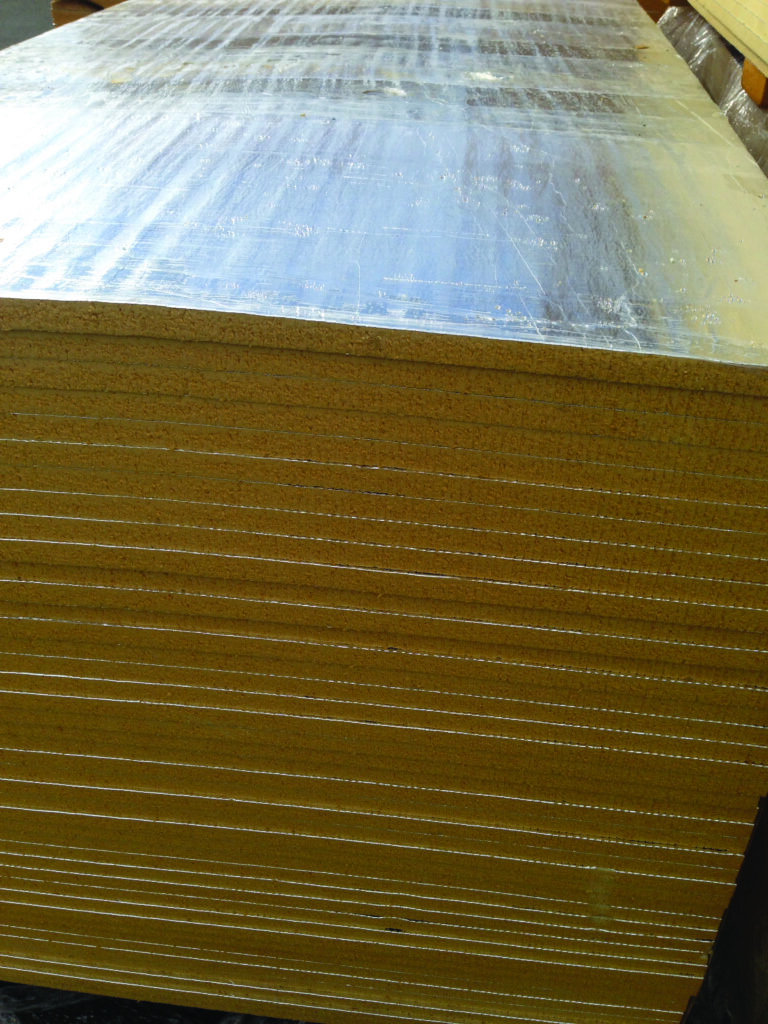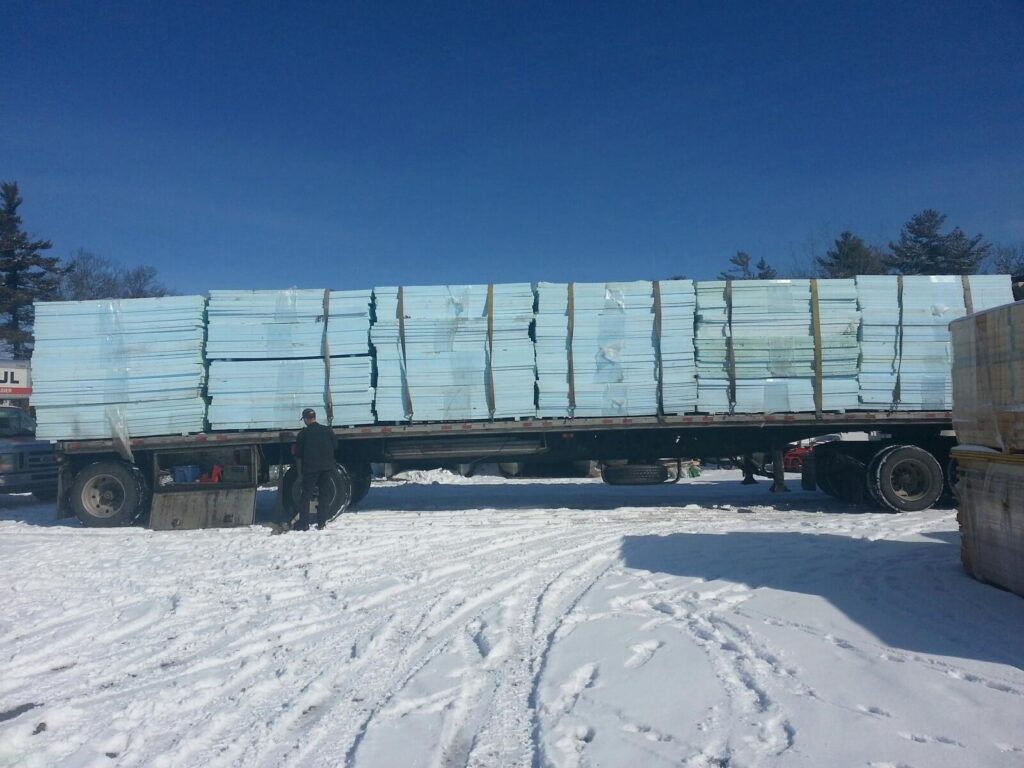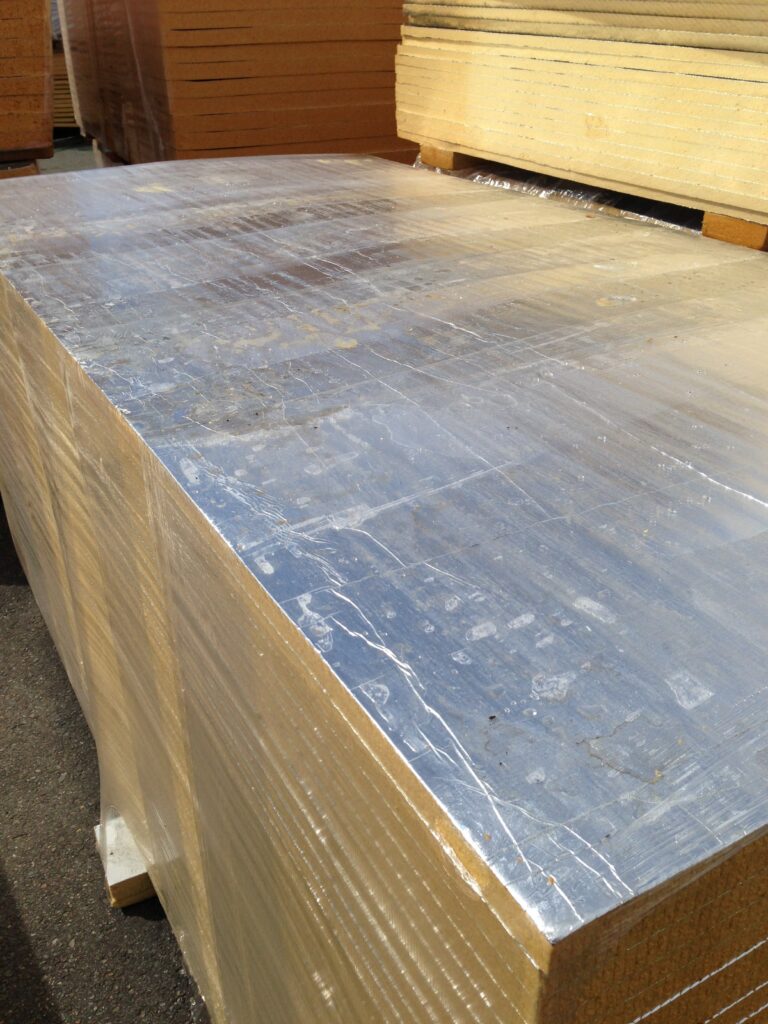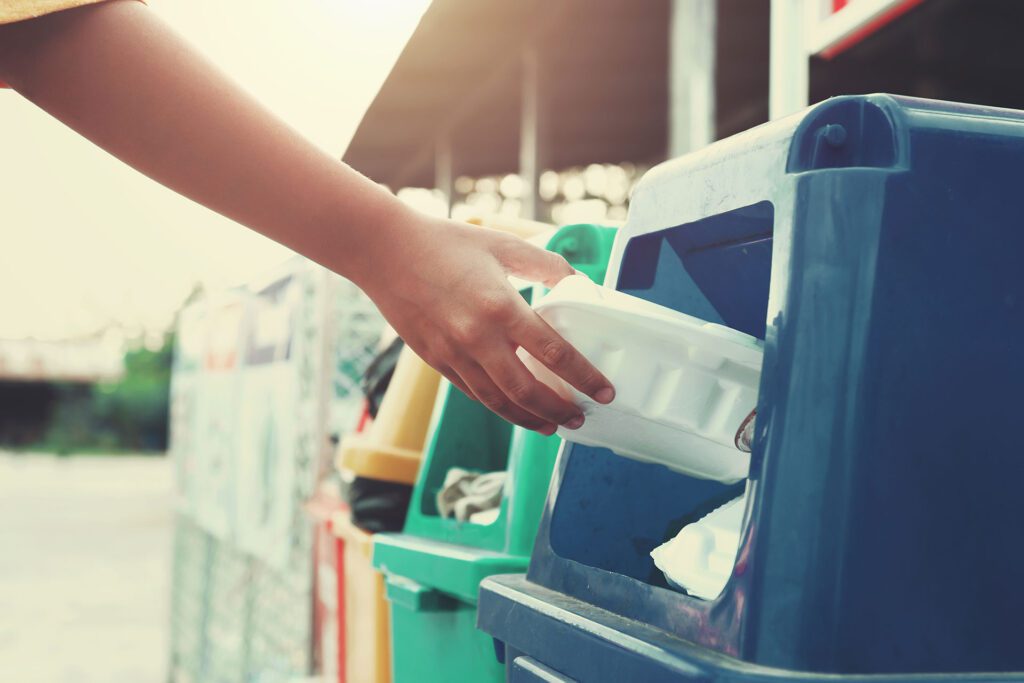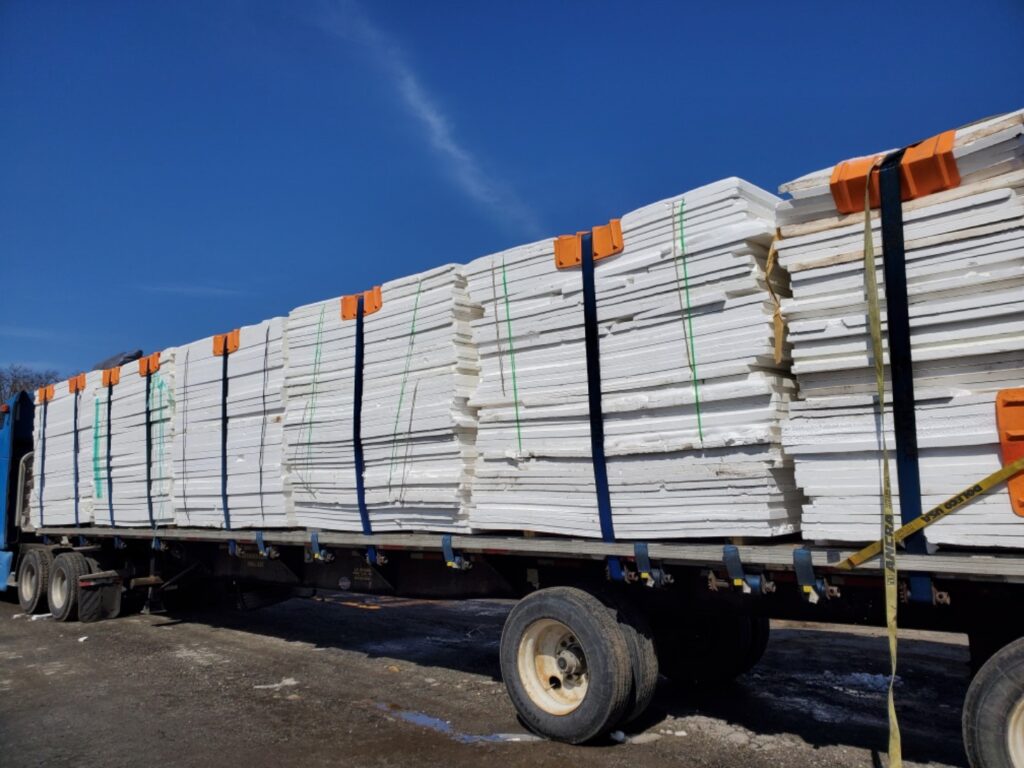Posts by Green Insulation Group
R-value Alone Does Not Measure Insulation Effectiveness
R-value is a measure of resistance to heat flow through a given thickness of material. In theory, the higher the R-value, the greater that resistance. That’s fine as far as it goes. Unfortunately, R-Value has taken hold in the consumer’s mind as a universal method for comparing insulation – the higher the R-Value, the better…
Read MoreEverything you need to know about Extruded Polystyrene Insulation – XPS
What is extruded polystyrene insulation made of? Extruded Polystyrene (XPS) is a type of foam insulation material made from polystyrene beads that are melted and extruded into board-like form. XPS is known for its high insulation value, durability, and moisture resistance, making it a popular choice for use in construction and building insulation. XPS is…
Read MorePolyiso Insulation
Polyiso is one of the nation’s most widely used and cost-effective insulation products and has been cited by the U.S. Environmental Protection Agency for its responsible impact on the environment. Polyiso is a closed-cell, rigid foam board insulation. Because of its high thermal performance in the home building market, it is the product of choice…
Read MoreEPS and Recycling
EPS is everywhere: It holds your food, secures items in packages, provides insulation in homes and industry and it’s even in your bike helmet. It’s also known as plastic #6, which you’ve seen used in plastic cups and CD and DVD cases. Can expanded polystyrene, EPS, be recycled? Even if your community recycles plastic #6,…
Read MoreReduce, Reuse, Recycle = Recycling
Reduce, Reuse, Recycle, commonly referred to as Recycling is one of the most feel-good and useful environmental practices around. The benefits go way beyond reducing piles of trash — recycling protects ecosystem diversity with the added benefit of saving energy, reduced water consumption and resource savings, such as crude oil, trees and metal ores. Recycling…
Read More
